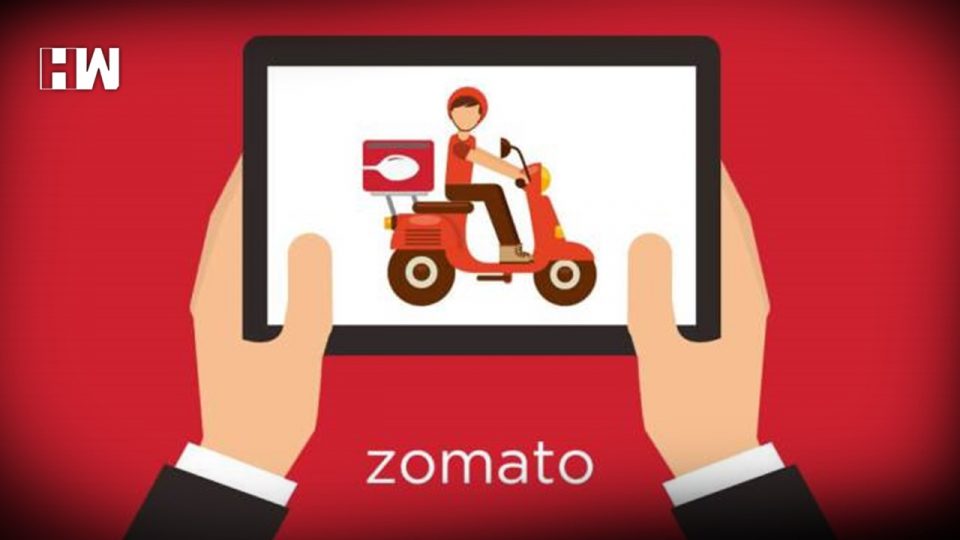HSBC Global Research – the brokerage arm of diversified financial services firm HSBC has valued restaurant discovery and food delivery app Zomato at a whopping $ 3.6 billion (or little more than ₹ 25,000 crore), this valuation is around 70% higher than ascribed to when it last raised capital. However, this valuation was just for research purposes, and the true acid test of Zomato’s valuation will be tested when the company raises fresh capital.
This jump in valuation also pushes Zomato ahead of its fierce rival Swiggy that was valued at $ 3.3 billion, post a $ 1 billion funding it announced in December. HSBC said Zomato’s business has changed fundamentally, with food delivery now contributing about 70% of total revenue. Apart from food delivery, Zomato has also been doubling down on its membership program – Zomato Gold. It expect the subscription based program to bring in $ 20-25 million in revenue by the end of 2019, thereby highlighting the importance of the premium product segment.
Zomato and Swiggy’s business models are loss making ones and if they have to one day make money, they will have to focus on reducing employee and delivery costs per order which will gradually decline with larger acceptance of these platform and increase in the number of orders per person. According to Zomato founder Deepinder Goyal, the company currently loses about ₹ 24 per order, compares to ₹ 45 per order six months ago.
India’s food delivery segment is nascent compared to China, which sees an estimated 600 million orders a month. While food delivery firms do not give out the official numbers for monthly orders, the HSBC report expects the overall monthly orders in India to be in the range of 70-75 million, dominated by Zomato and Swiggy which account for approximately 75-80% of this figure. The report goes on to estimate that the Indian market will expand with economies of scale kicking in and will clock in 300 million monthly food delivery orders by F.Y 2024, with Zomato enjoying 37-40% market share.

Zomato currently operates in 100 cities across the country, and has targeted entering 500 cities over the next 24-36 months.
As an independent media platform, we do not take advertisements from governments and corporate houses. It is you, our readers, who have supported us on our journey to do honest and unbiased journalism. Please contribute, so that we can continue to do the same in future.

